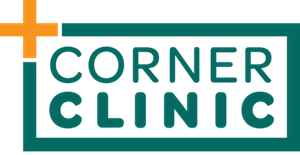Occupational Health
You depend on your employees. We are here to keep them healthy. We strive to bring you the same convenience and exceptional service that your customers rely on. Let us earn your trust to become your healthcare partner. Not only will we improve the health of your employees, but also help you decrease costs.
Services
Hiring/Compliance:
Fit-For-Duty Testing, DOT Physicals, Pulmonary Function Testing, Hearing Conservation Testing, Drug Testing
Workforce Injury:
Injury Examination, Treatment, and Injury Care/Return-To-Work Plan
Employee Health Benefits:
Health Benefits Programs, Concierge Health Visits, Wellness Screenings, Health Fairs
Occupational Health FAQs
-
Occupational health refers to the branch of public health that deals with the prevention and management of work-related injuries, illnesses, and disabilities. It involves identifying and assessing workplace hazards, implementing safety measures, and promoting the overall health and well-being of workers.
-
Let’s connect! Feel free to email us at admin@cornerclinicstgeorge.com and we can help get your business account set up!
-
Occupational health is important because it helps prevent work-related injuries, illnesses, and disabilities, which can have a significant impact on workers' physical and mental health, as well as their productivity and quality of life. It also helps employers create safer and healthier work environments, which can reduce the cost of lost productivity and medical expenses.
-
Common occupational health hazards include exposure to chemicals, dust, and fumes, physical hazards such as noise, vibration, and repetitive motion, biological hazards such as infectious diseases, and psychosocial hazards such as stress and violence.
-
Prevention of occupational health hazards can be achieved through various measures, such as implementing safety procedures, providing personal protective equipment, improving ventilation and air quality, and providing training and education on hazard identification and management.
-
Common occupational health screenings include physical exams, hearing and vision tests, lung function tests, and blood and urine tests to check for exposure to hazardous chemicals or substances.

